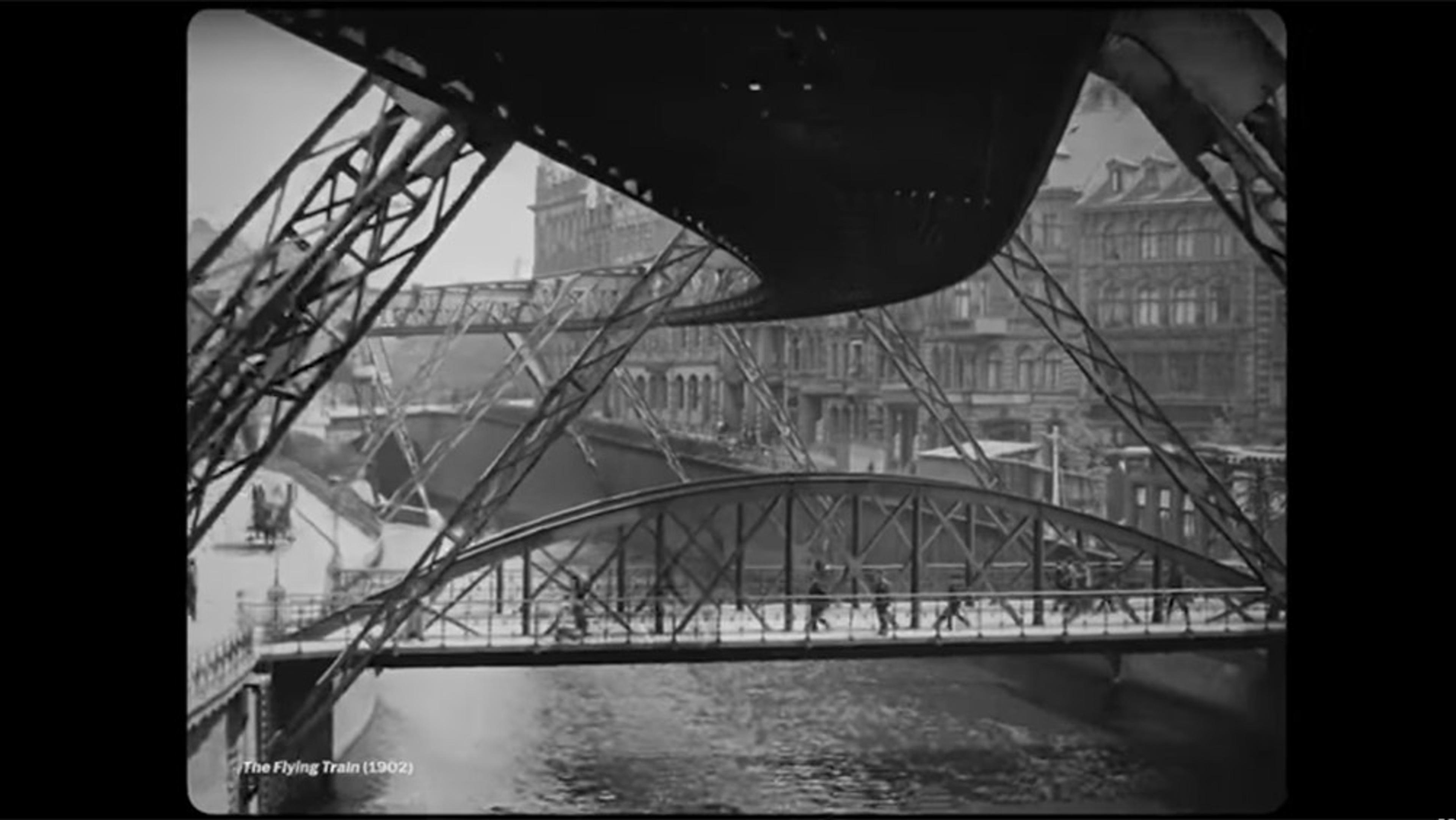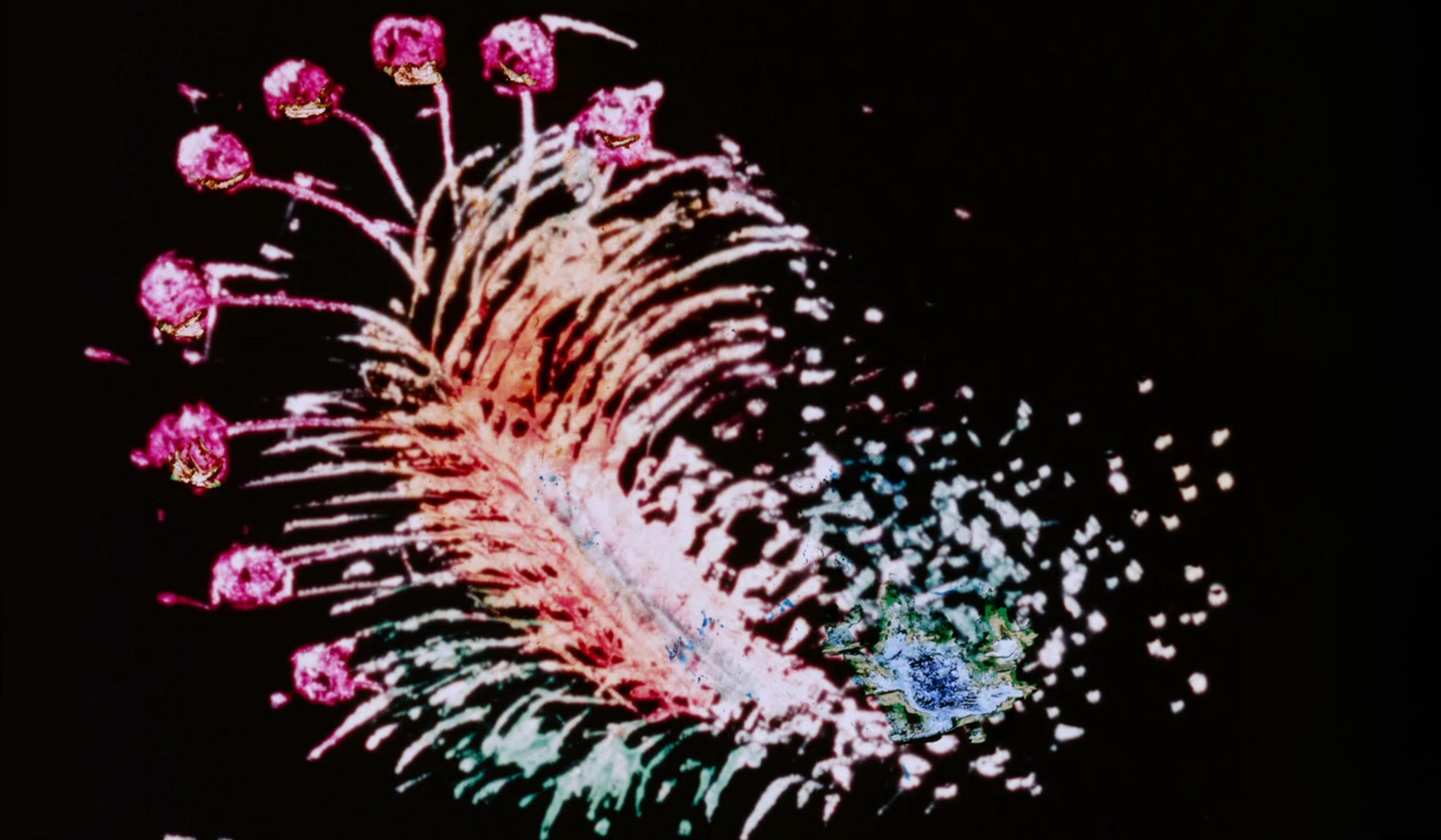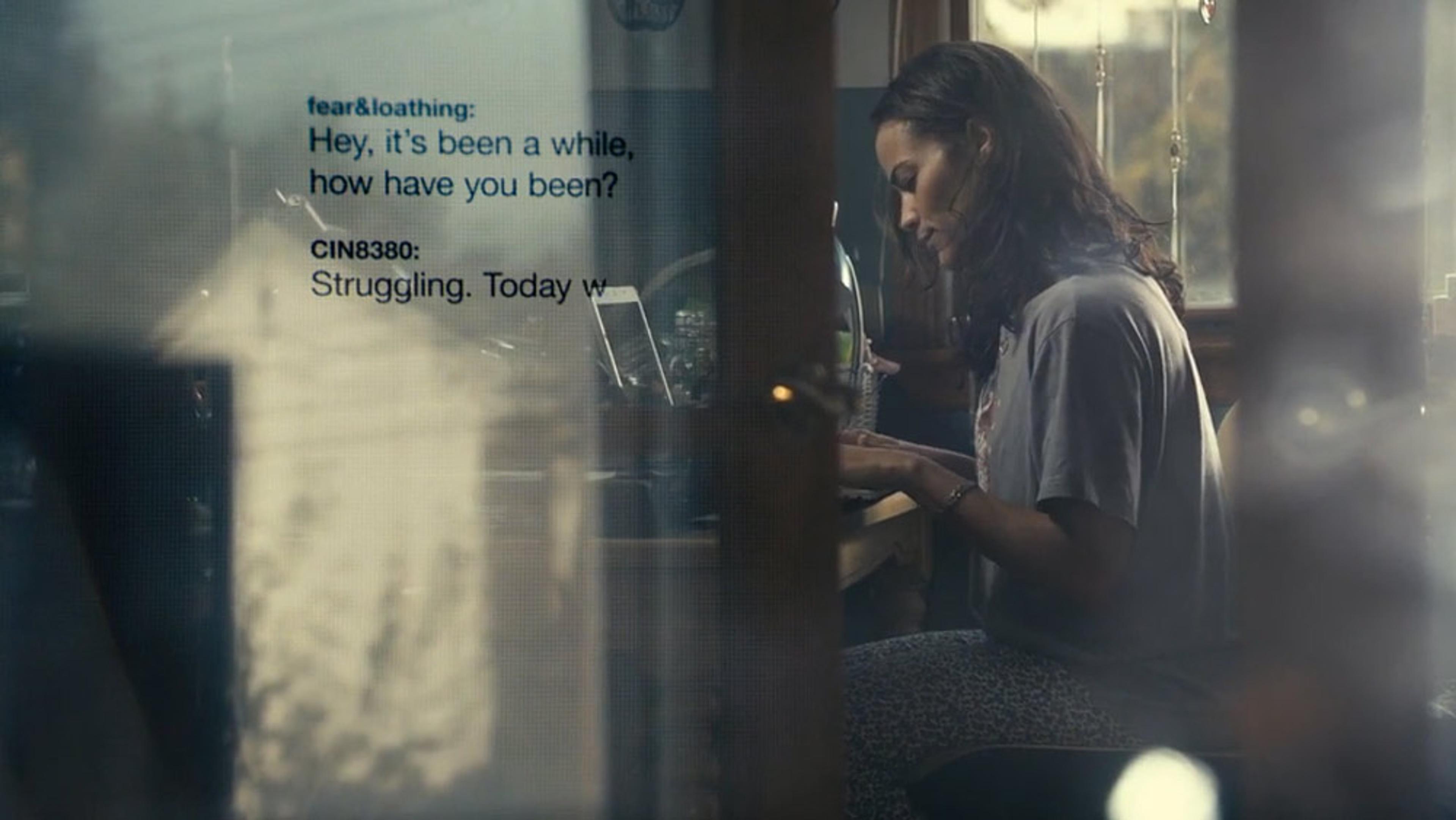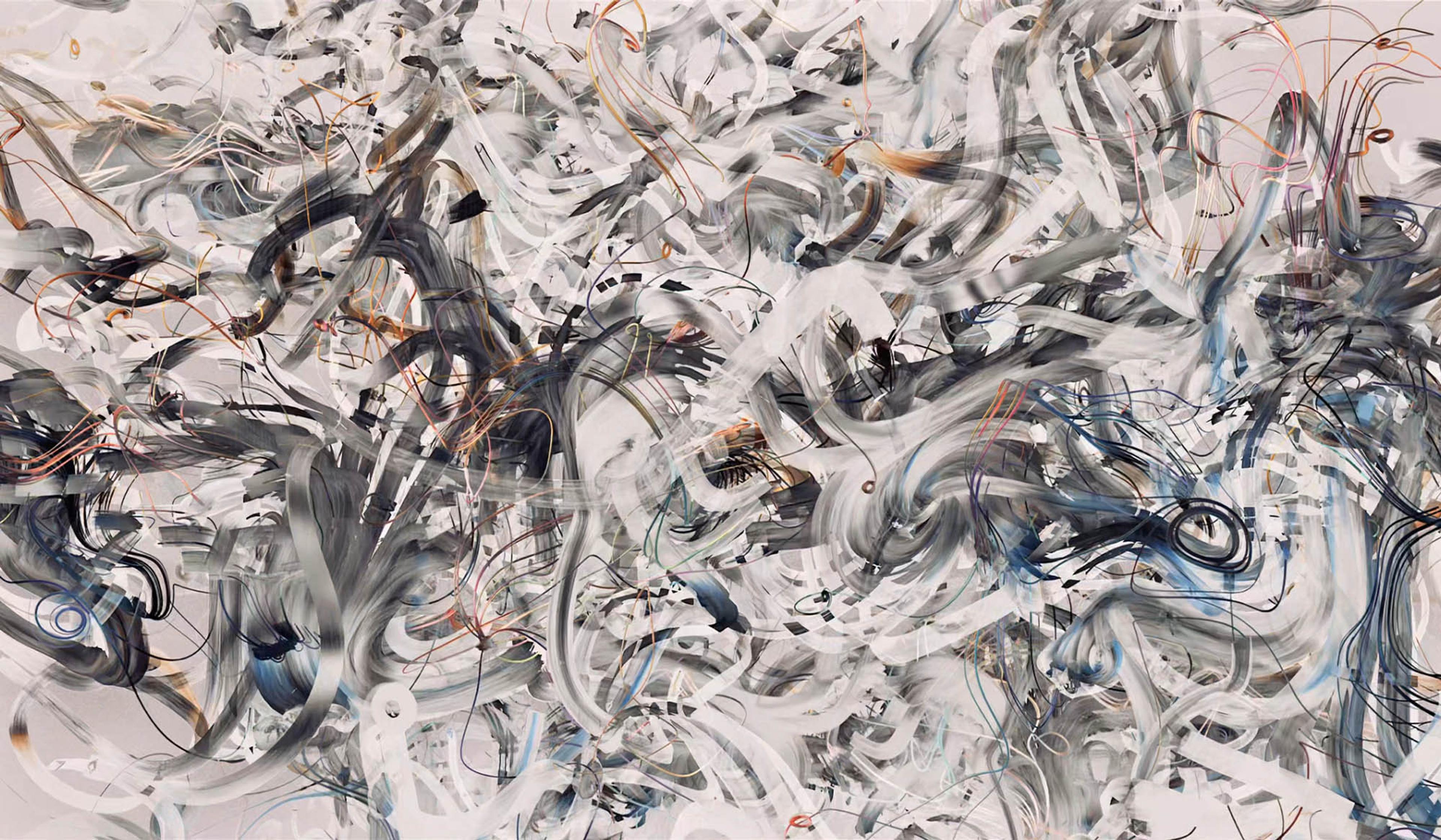Before the emergence and rapid proliferation of film editing at the dawn of the 20th century, humans had never been exposed to anything quite like film cuts: quick flashes of images as people, objects and entire settings changed in an instant. But rather than reacting with confusion to edits, early filmgoers lined up in droves to spend their money at the cinema, turning film – and eventually its close cousin, television – into the century’s defining media. It would seem that our evolutionary history did very little to prepare us for film cuts – so why don’t our brains explode when we watch movies? Adapted from an Aeon essay by the US psychologist and brain scientist Jeffrey M Zacks, this Aeon Video original explores why our visual experience has much more in common with film editing than it appears to at first glance.
For millennia, we’d never seen anything like film cuts. How do we process them so easily?
Director and Editor: Adam D’Arpino
Producer: Adam D’Arpino, Kellen Quinn
Writer: Jeffrey M Zacks
Narrator: Karl Miller
Animator: Ermina Takenova
Music: YACHT, Dave Depper

videoFilm and visual culture
To see how editing shapes our experience of cinema, count the shots in ‘There Will Be Blood’
7 minutes

videoFilm and visual culture
Our ideas about what early movies looked like are all wrong
11 minutes

videoTechnology and the self
A haunting scene from ‘Minority Report’ inspires a voyage into time and memory
7 minutes

videoHistory of technology
Remarkable historical footage is locked behind paywalls. It’s time to set it free
4 minutes

videoInformation and communication
An animation built from road signs is a whirlwind study of flash communication
2 minutes

videoFilm and visual culture
From shifting perspectives to shaping scenes, how sound design can carry a film
9 minutes

videoFilm and visual culture
A Palme d’Or-winning animation toys with the way our eyes perceive light
5 minutes

videoFilm and visual culture
Why is our digital world so difficult to depict on our digital screens?
5 minutes

videoQuantum theory
‘Moving paintings’ evoke a quantum particle collision at the Large Hadron Collider
4 minutes